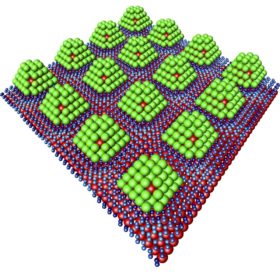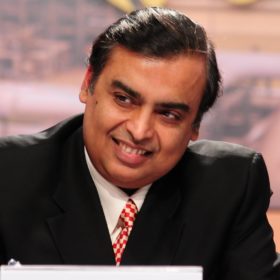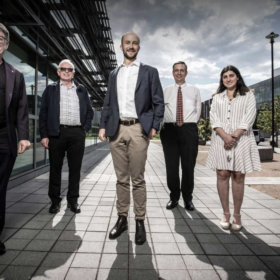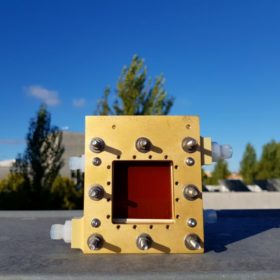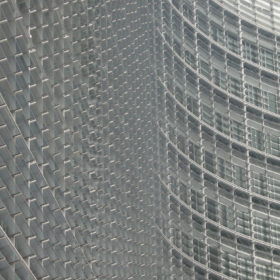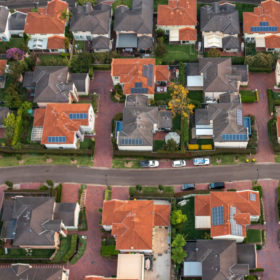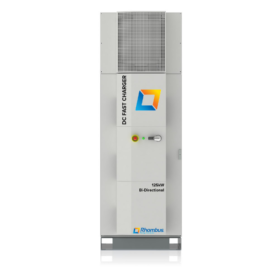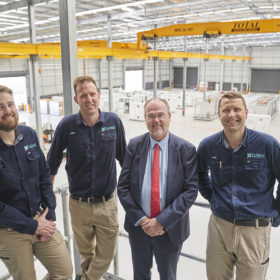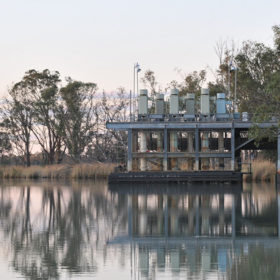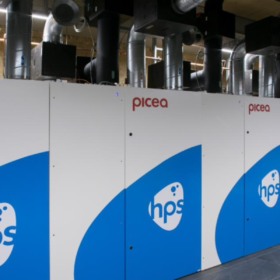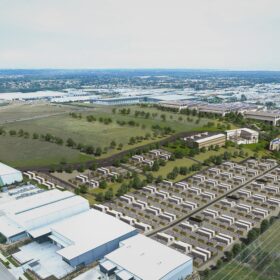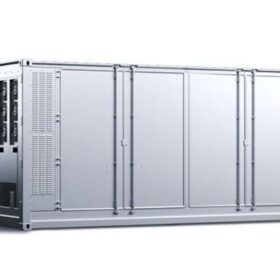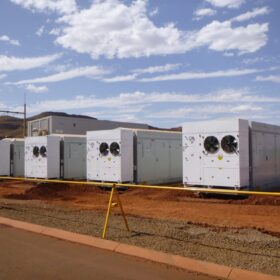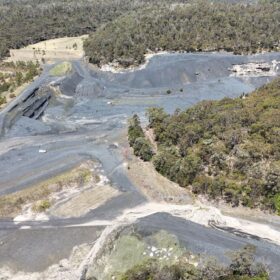Storing hydrogen with ‘nano-chocolates’
German scientists have developed a novel hydrogen storage method that relies on nanostructures – tiny nanoparticles made of the precious metal palladium – instead of high pressure and lower temperatures.
Reliance Industries to acquire sodium-ion battery provider Faradion
Reliance Industries said its solar unit will buy UK-based sodium-ion battery technology provider Faradion for GBP100 million (AUD$187 million) including debt, as the Indian conglomerate pushes forward with its ambitious plan to move into the renewable energy industry.
Wollongong researchers’ graphene discovery to unlock cheaper, more efficient li-ion batteries
Researchers at the University of Wollongong say they have discovered a new form of graphene which will improve both anode and cathode materials in lithium-ion batteries, making them cheaper and more efficient. Collaborating with Sicona, the company has agreed to buy all the researchers’ intellectual property relating to the new material.
Solar redox flow cell for residential energy storage
The device was designed by scientists in Portugal to optimise light absorption by the semiconductor and ensure an effective diffusion of redox species while offering minimal electronic and ionic transport resistance. The cell has a 25cm2 photoactive area and relies on ferrocyanide/anthraquinone redox flow chemistry and a nanostructured hematite photoelectrode.
European Commission suggests zero-emission building mandate for 2030
The proposed measure, which will now pass to the Council of Ministers and European Parliament for debate, would further the adoption of PV, according to SolarPower Europe, especially if the commission’s proposal it be applied to public sector structures from 2027 is adopted.
Swiss fund to finance rollout of 10,000 solar-plus-battery systems
Western Australian renewable energy company Plico Energy’s bold ambition to develop a grid-scale virtual power plant has received a major financial boost with Swiss investment firm SUSI Partners committing to provide capital for the rollout of 10,000 integrated solar-plus-battery systems.
Ever heard of synchroinverters? Grid-stabilising devices connecting renewables to distributed energy resources
A U.S.-Israeli consortium is developing synchroinverters – inverters that mimic a synchronous generator and are able to actively respond to the grid’s frequency changes while stabilising the voltage. The new devices are expected to do this simultaneously and provide grid stability services in less than 16.67 milliseconds.
Stand out new facility for WA’s in demand stand-alone power systems
Perth-based Hybrid Systems Australia has opened its new much-expanded facility in the Western Australian capital ahead of significant expansion in the outlay of its stand-alone power systems to regional and remote parts of the state.
Enel X unveils first Australian battery storage project
The energy transition and innovation arm of Italian energy company Enel Group is set deliver its first battery energy storage system in Australia, a “landmark project” which it said will help South Australian water utility Central Irrigation Trust “intelligently manage” its energy use.
New solution to store residential, commercial PV electricity as green hydrogen
Germany’s Home Power Solutions has developed a hydrogen storage solution with a capacity of up to 15,000 kWh. The Picea system stores excess electricity from rooftop PV systems in the form of green hydrogen.
